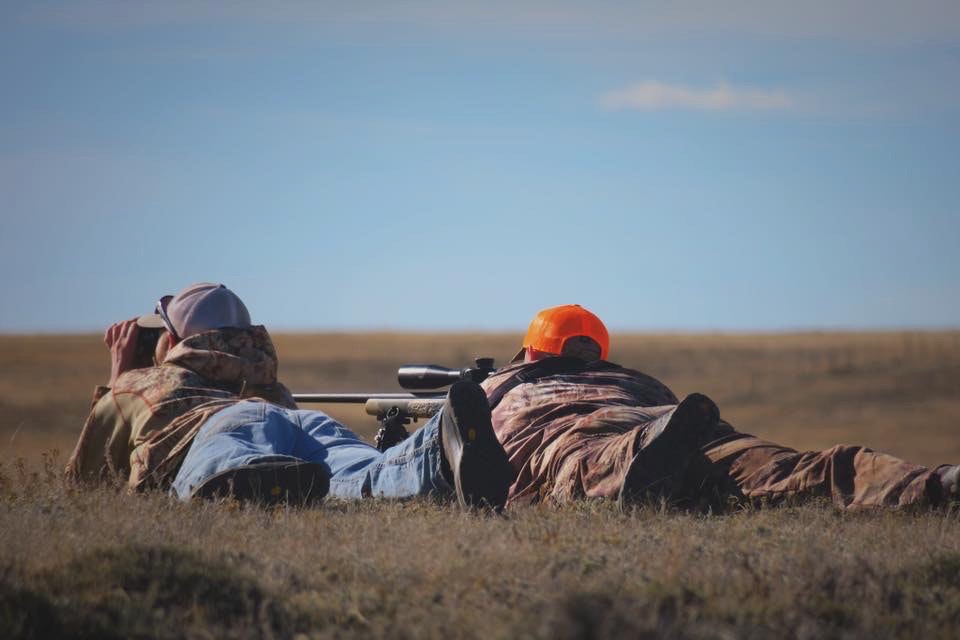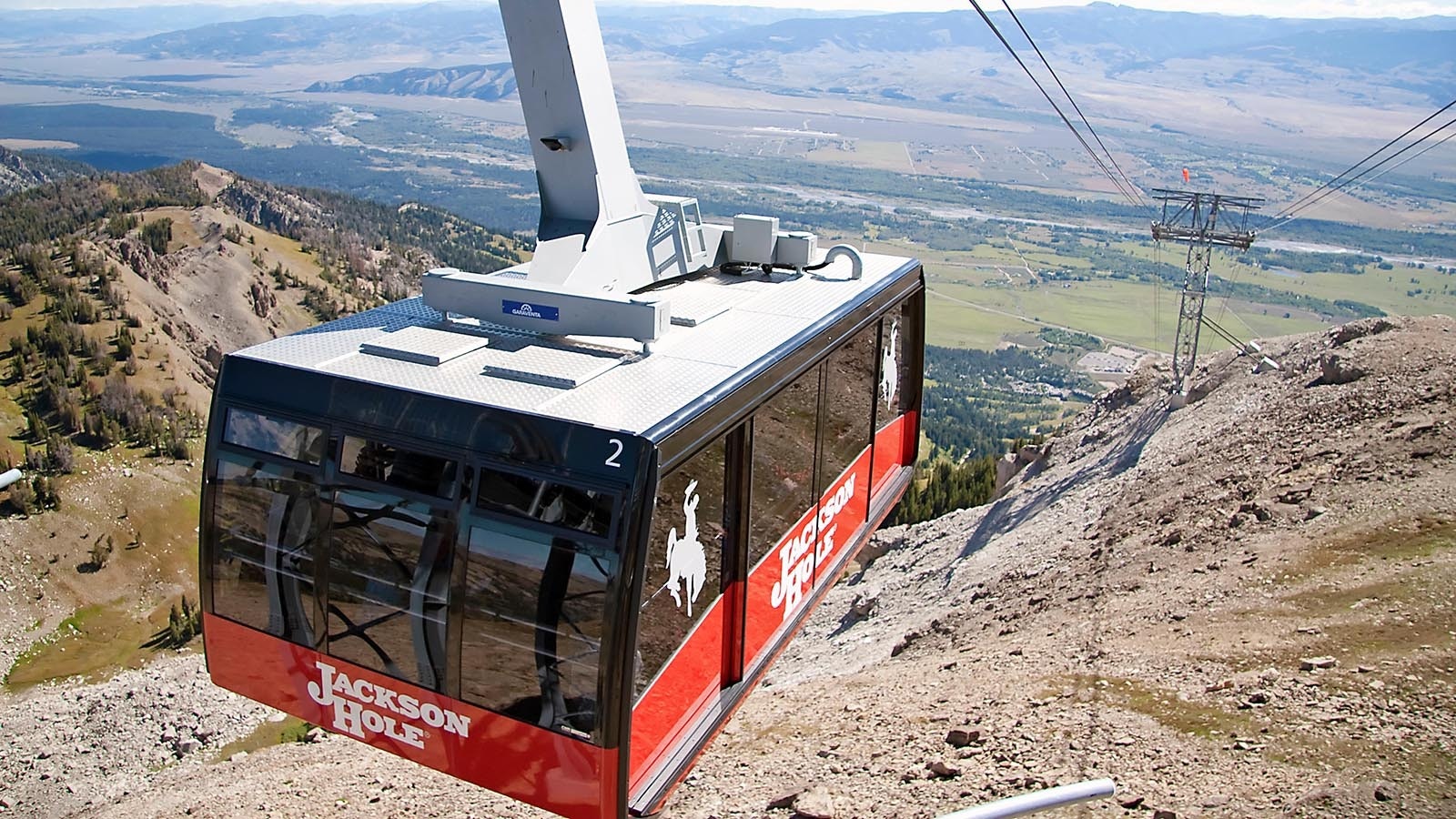War is hell, but returning to civilian life can be equally daunting for many military veterans, especially those whose wounds complicate the reintegration process.
Hunting with Heroes seeks to provide disabled veterans an opportunity to heal and re-calibrate in a familiar environment with like-minded people, co-founder Dan Currah said.
“We found very quickly that the hunts were therapeutic for those veterans coming back,” explained Currah, a former U.S. Army signal corps officer. “We didn’t do that as Vietnam veterans. We didn’t associate with other veterans. I think there was a social stigma attached to our service, and for the most part, we just came home and tried to forget it.”
Founded in 2013 by Currah and Operation Iraqi Freedom/Operation Enduring Freedom veteran Colton Sasser, the Wyoming-based, non-profit organization uses donated game licenses to guide hunts throughout Wyoming.
Sasser said the experience can be a means for veterans to seize some semblance of normalcy and routine after their world was seemingly upended.
“Some of the best therapy I’ve ever got was hunting or fishing,” he reminisced. “Being out there alone with your thoughts, focused on the task at hand. But, this seems different. It’s more about the camaraderie. The hunting truly is the bonus. It’s the cherry on top.”
From the ashes
While escorting an Explosive Ordinance Disposal team through Afghanistan in 2012, Sasser’s vehicle was destroyed by an improvised explosive device.
“We hit that sucker, and it instantly killed my squad leader,” recalled Sasser, who served as an U.S. Army infantryman. “The truck was upside down, and I woke up and knew it was bad.”
The events directly following the attack remain hazy for Sasser, who blacked out several times during the next weeks. But the damage was permanent — traumatic brain injury, broken ribs, a collapsed lung, a fused spine and an amputated leg.
Months later while recovering at Fort Sam Houston, a Casper newspaper ran a story about Sasser, a Casper native. Currah, also a Casper native, was living in Texas at the time, but kept up on Wyoming news and read Sasser’s story.
After checking around, Currah and his wife discovered they knew Sasser’s parents from their high school days, so the Currahs asked to visit Sasser in the hospital.
“His dad told me he was off on the weekends with nothing to do,” Currah said. “He’s an avid hunter, and I knew some guys that were doing hog hunts, so we lined him up with some hunts.”
Sasser said getting away from base was great, but it reminded him how much he missed hunting in Wyoming.
Once medically retired from the military, Sasser returned home and the duo started planning expeditions to help other veterans.
“(Currah) and I just started talking about it over coffee,” he said. “I knew getting tags would be the hardest thing, because how do you plan a hunt when you don’t know when and where people will draw tags.”
Soon after cementing plans to move forward with the organization, Sasser learned about a Wyoming Game and Fish Department program which allowed people to purchase tags and donate them for re-issuance to disabled veterans and people with permanent disabilities who use wheelchairs.
“The first year we were only planning on doing 10 hunts,” he said. “We ended up doing 17, so it was a success from the outset.”
In 2018, Hunting with Heroes hosted 230 different hunts and since 2013, Sasser guessed they’ve completed more than 1,000.
To be eligible, applicants must be 50 percent or more disabled with a service-connected disability, and they can apply through the group’s website, www.HuntingWithHeroes.org. The program is open to applicants from around the country, and Sasser said many participants come from out-of-state.
Welcome home
Diagnosed with cancer caused by exposure to Agent Orange during Vietnam, Ed Klaput, a retired U.S. Army colonel, sought respite in the solace of the hunt.
“I’ve been undergoing chemo for the last three years, and I’ve been feeling better,” he said. “So, I wanted to get back to hunting elk.”
Klaput lives in Virginia, and without residency, he didn’t have much hope of scoring an elk tag anywhere along the continental divide. While serving, Klaput was stationed in Colorado, and in the late 1990s, he owned a cabin in Wapiti, so he was fond of hunting elk in Rockies. During his time in Wyoming, he became friends with author and former “Outdoor Life” editor Jim Zumbo. Klaput reached out to his friend for ideas about how to get back into the field.
“Zumbo told me about Hunting with Heroes,” he said. “I’d heard of groups like these, but I’d never gone with one.”
In October, Klaput flew out to join Zumbo, Currah and Sasser on an elk and antelope hunt near Rock Springs.
“We went out in the morning, and we weren’t there for too long before we spotted a bull elk,” Klaput remembered. “I lined up my sights, and took him down with a single lung shot. A little later, I got a buck antelope — again with a single lung shot.”
Even among of military-trained shooters and avid hunters, the marksmanship was impressive.
“They now call me Hawkeye, or Hawkeyes, I don’t know which,” Klaput said, chuckling.
Once home, his wife noticed an immediate change in his demeanor.
“She said, ‘You look so good. You’re cured!’” Klaput explained. “It took me out of a definite malaise from depression and the chemo treatments.”
It wasn’t just the hunt and reconnecting with old friends that pulled the colonel out of his funk. He said Wyoming, its residents and the gratitude shown by tag donors, private land owners and volunteer guides all combined to create the reception Klaput never received on his trip home from Vietnam.
“I can’t put it in words — I could probably put it in tears — but not words,” he said quietly. “The treatment these vets have received from this group and the people of Wyoming is a therapy in and of itself. After 50 years, I felt like I finally received the ‘Welcome home’ we deserved.”





